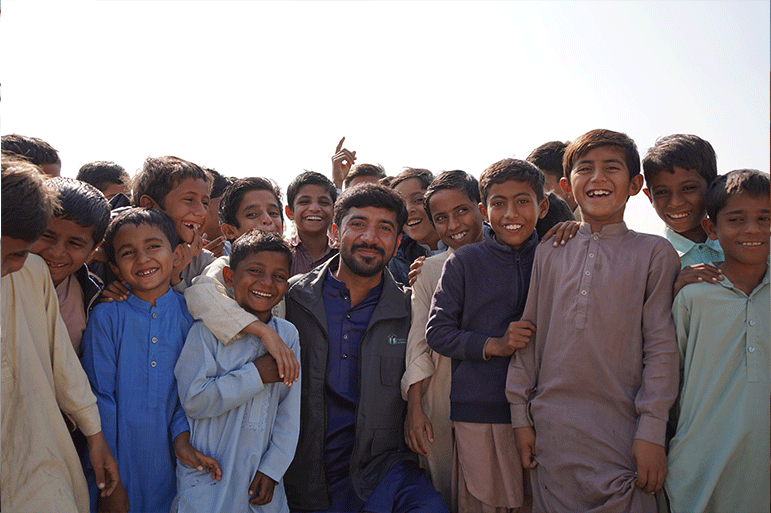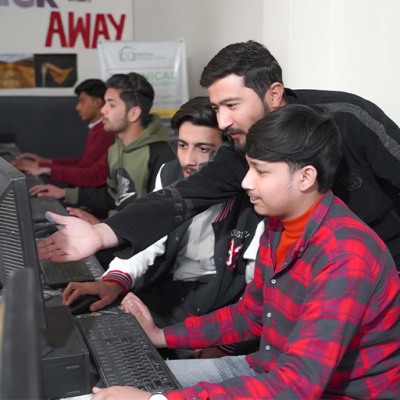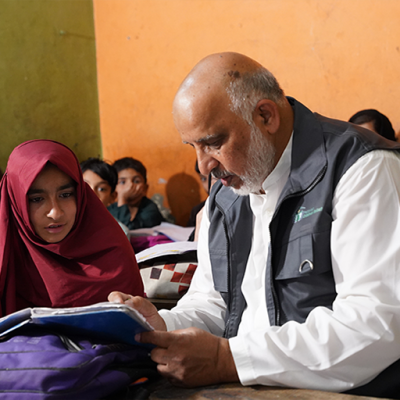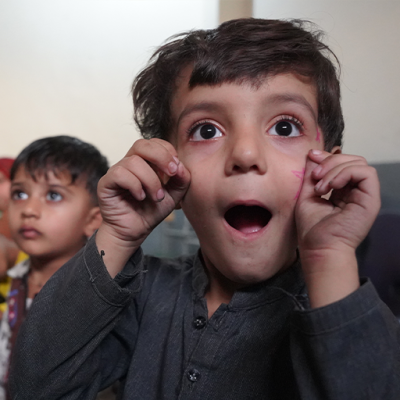Finding a good job is tough for many young people in Pakistan. Traditional degrees don’t always guarantee work, and the gap between what schools teach and what employers want keeps growing. That’s where PAKCR vocational training steps in. It’s a powerful tool that prepares young Pakistanis for the real world, giving them practical skills and a shot at a brighter future. This post explores how vocational training paves easier paths to employment and why it deserves more attention across the country.
Understanding Vocational Training in Pakistan
Vocational training focuses on hands-on skills and practical learning rather than theory-heavy lessons. Programs cover a wide range of trades, including construction, technology, healthcare, electrical work, plumbing, tailoring, beauty services, and more. These skills are in high demand nationwide, especially as Pakistan’s economy shifts and evolves.
Vocational training programs in Pakistan differ from standard academic routes because they teach what workplaces actually need. Instead of long lectures, most of the time is spent building real abilities, like fixing machines, managing computer networks, or repairing vehicles.
How Vocational Training Boosts Job Opportunities for Youth
With Pakistan’s youth unemployment rates high, practical skills have become a valuable ticket to steady work. Employers across the country want candidates who can start contributing right away—not just those with degrees on paper.
Many vocational programs teach technical skills like:
- Computer and IT support
- Electrical installation and maintenance
- Automotive repair
- Plumbing and refrigeration
- Tailoring and garment production
- Health care support
Training centers practice what workplaces preach. Students don’t just read about wiring a house, they actually wire it, working with real tools. This builds confidence and makes young people much more appealing to businesses looking to hire. Many trainees even land jobs through internships provided during their courses.
Closing the Skills Gap
Pakistani businesses often struggle to find the skilled workers they need. The mismatch between what the education system turns out and what employers want creates a stubborn “skills gap”.
Vocational training fills this need. According to government sources, thousands of skilled jobs go unfilled every year, not for lack of candidates but because applicants lack relevant skills. Through programs managed by organizations like NAVTTC, young people gain expertise in fields with the highest demand. Data shows that graduates from vocational institutes have a higher employment rate compared to those from purely academic backgrounds.
Imagine the economy as a puzzle. When young people fit their skills into the right place, businesses run smoother and growth speeds up. The country doesn’t just add workers, it adds valuable contributors.
Encouraging Entrepreneurship and Small Businesses
Vocational training doesn’t just prepare youth to work for others—it lays the foundation for starting their own businesses. In cities and rural towns alike, skilled young people open small shops, provide freelance services, or run trade-based micro-enterprises.
Take tailoring, plumbing, or mobile phone repair: these skills require minimal startup costs but offer reliable income. Stories of young Pakistanis launching businesses after completing training courses keep growing. In smaller communities, these new businesses do more than raise the owner’s income; they create local jobs and make vital services available closer to home. Digital skills, taught by efforts like the Digital Youth Hub, are connecting young Pakistanis to freelance gigs and online businesses too.
Challenges and the Way Forward
Several barriers hold back the full promise of vocational training in Pakistan. Girls and young women often face cultural barriers that limit their enrollment. Many families may not understand the earning potential these careers provide, still seeing university degrees as the “safe” choice. Some rural areas lack access to training centers or up-to-date equipment.
There are ways forward.
- Better outreach and awareness: Campaigns can educate families and students about new career paths and earning potential.
- More government and private investment: Upgrading centers, tools, and courses keeps programs relevant.
- Inclusive initiatives: Programs focused on women, those with disabilities, and rural youth ensure nobody is left behind.
- Career counseling in schools: Early guidance helps students make smarter choices about their futures.
Programs like the Prime Minister’s Youth Skill Development Program and USAID Skills for Youth Project already show positive results, but they need more support for wider reach.
Conclusion
Vocational training is changing lives for Pakistan’s youth. It’s opening doors to real jobs, higher incomes, and hope for the future. With practical, hands-on learning, young people can skip the wait for elusive office work and start building careers that matter both to themselves and their communities.
Backing more vocational education isn’t just good for those who take the courses. It strengthens the fabric of the whole country, creating skilled workers, sparking new businesses, and driving local economies forward.
At Pakistan Children Relief, our Technical Education Program in Pakistan is committed to giving children, especially orphans, the chance to gain valuable skills and build brighter futures. By choosing to support technical education in Pakistan, you’re not only empowering young individuals but also investing in the nation’s long-term strength and prosperity.





